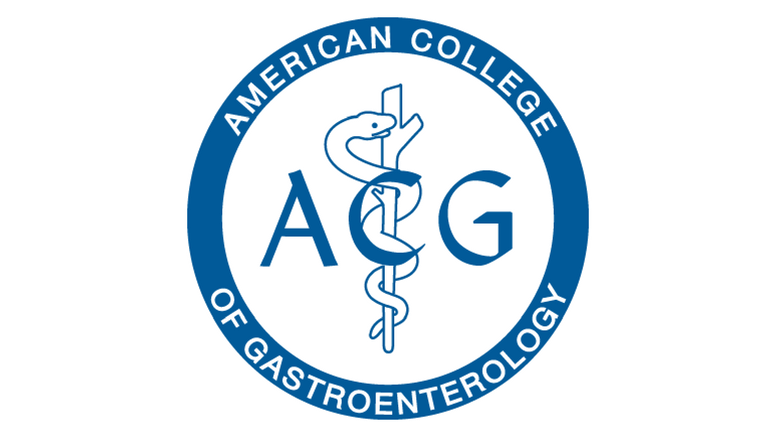A team of Department of Medicine gastroenterologists recently received two awards from the American College of Gastroenterology (ACG), which they will present at the ACG’s annual meeting in Las Vegas in October. The papers are:
“Outcomes and Quality of Life Assessment After Gastric Per Oral Endoscopic Pyloromyotomy (G-POEM),” by Sunil Dacha, MD; Lianyong Li, MD; Parit Mekaroonkamol, MD; Nikrad Shahnavaz, MD; Steven Keilin, MD; Field Willingham, MD, MPH; Jennifer Christie, MD; and Qiang Cai, MD, PhD (Emory Division of Digestive Diseases), which won the 2016 ACG Governor’s Award for Excellence in Clinical Research.
“Gastric Peroral Endoscopic Pyloromyotomy as a Salvage Therapy for Refractory Gastroparesis in Patients with a Failed Gastric Stimulator,” by Abhinav Koul, MD (resident); Sunil Dacha, MD; Lianyong Li, MD; Huizhen Fan, MD; Hanbing Xue, MD; Xiaolin Fu, MD; Field Willingham, MD, MPH; Steven Keilin, MD; and Qiang Cai, MD, PhD (Emory Division of Digestive Diseases), which received the 2016 ACG Presidential Poster Award.
More about Dr. Cai
Dr. Qiang Cai has been performing G-POEM at Emory since June of 2015. Emory is one of only a handful of centers in the United States to perform this procedure. Dr. Cai has been a pioneer in the field, and has performed more G-POEM procedures than anyone else in the country (to the best of our knowledge, based on published reports). Emory’s interventional endoscopy team aims to publish its findings in one of the major national gastroenterology journals soon.
Gastroparesis is a syndrome of objectively delayed gastric emptying in the absence of mechanical obstruction. It is a poorly understood, chronic, debilitating motility disorder with very limited therapeutic options. Patients with gastroparesis suffer frequently from abdominal fullness after eating, nausea, vomiting, bloating, and upper abdominal pain. Traditionally, these symptoms are managed by a stepwise algorithm beginning with dietary modifications, control of psychological stressors, and medical treatment including prokinetic, antiemetic, and analgesic agents. Interventional therapeutic modalities such as gastric electrical stimulation, laparoscopic pyloroplasty, or gastrostomy may be considered for patients with refractory symptoms. However, those interventions are often too invasive or not very effective.
An emerging minimally invasive modality, gastric peroral endoscopic pyloromyotomy (G-POEM), is a novel endoscopic technique for an endoscopic incisionless pyloroplasty. Existing data on its procedural technique, safety, and efficacy are sparse with only few published reports. So far, our team has performed 14 procedures to date, all with excellent outcomes.
Related Links
- American College of Gastroenterology
- We celebrate our Division of Digestive Diseases faculty
- Emory University Department of Medicine
- Emory Division of Digestive Diseases
- Emory University School of Medicine
If you are interested in investing in research, clinical care, and/or education within the Emory University School of Medicine’s Division of Digestive Diseases, learn how you can help.





Be the first to comment on "Emory Interventional Endoscopy Unit wins ACG Governor’s Award"